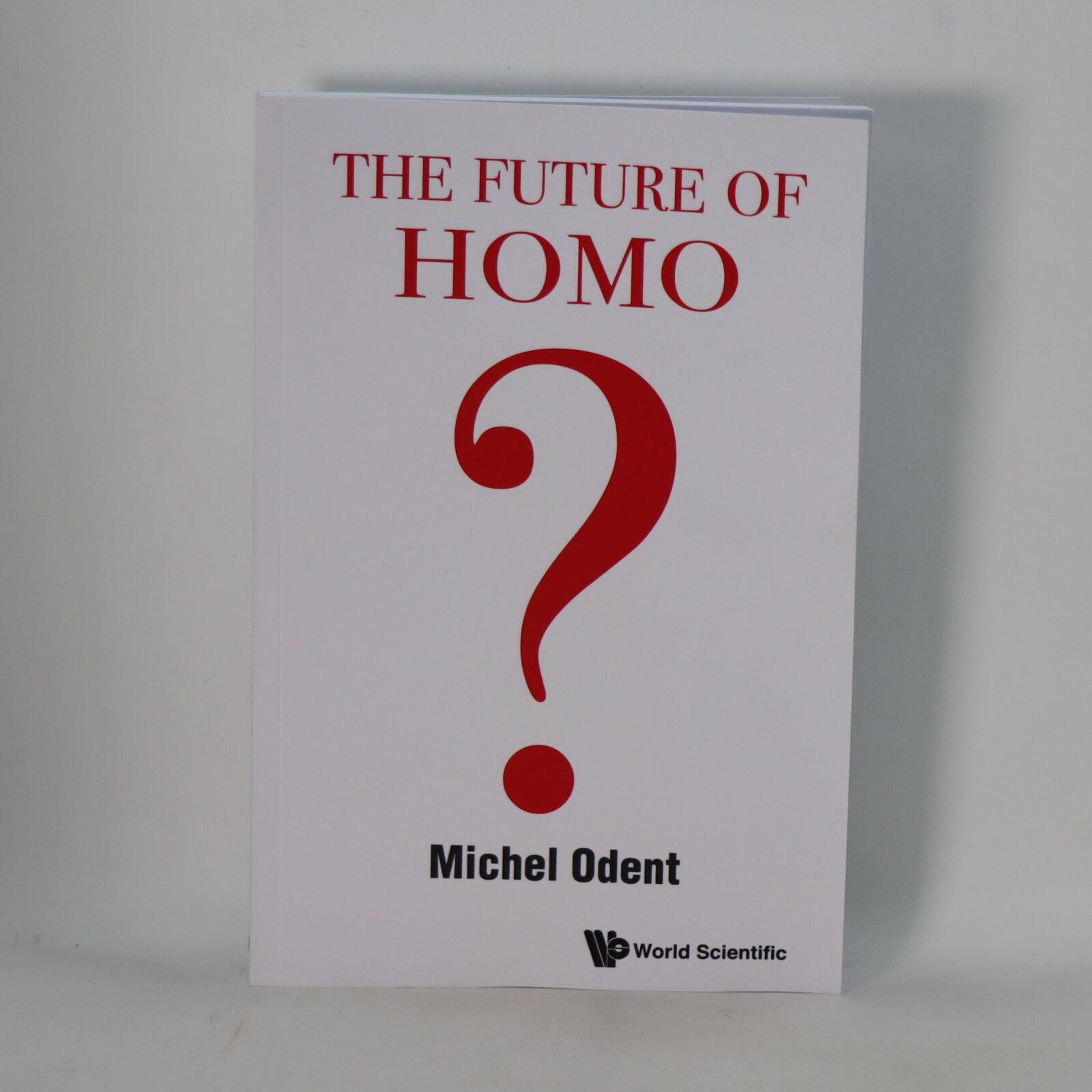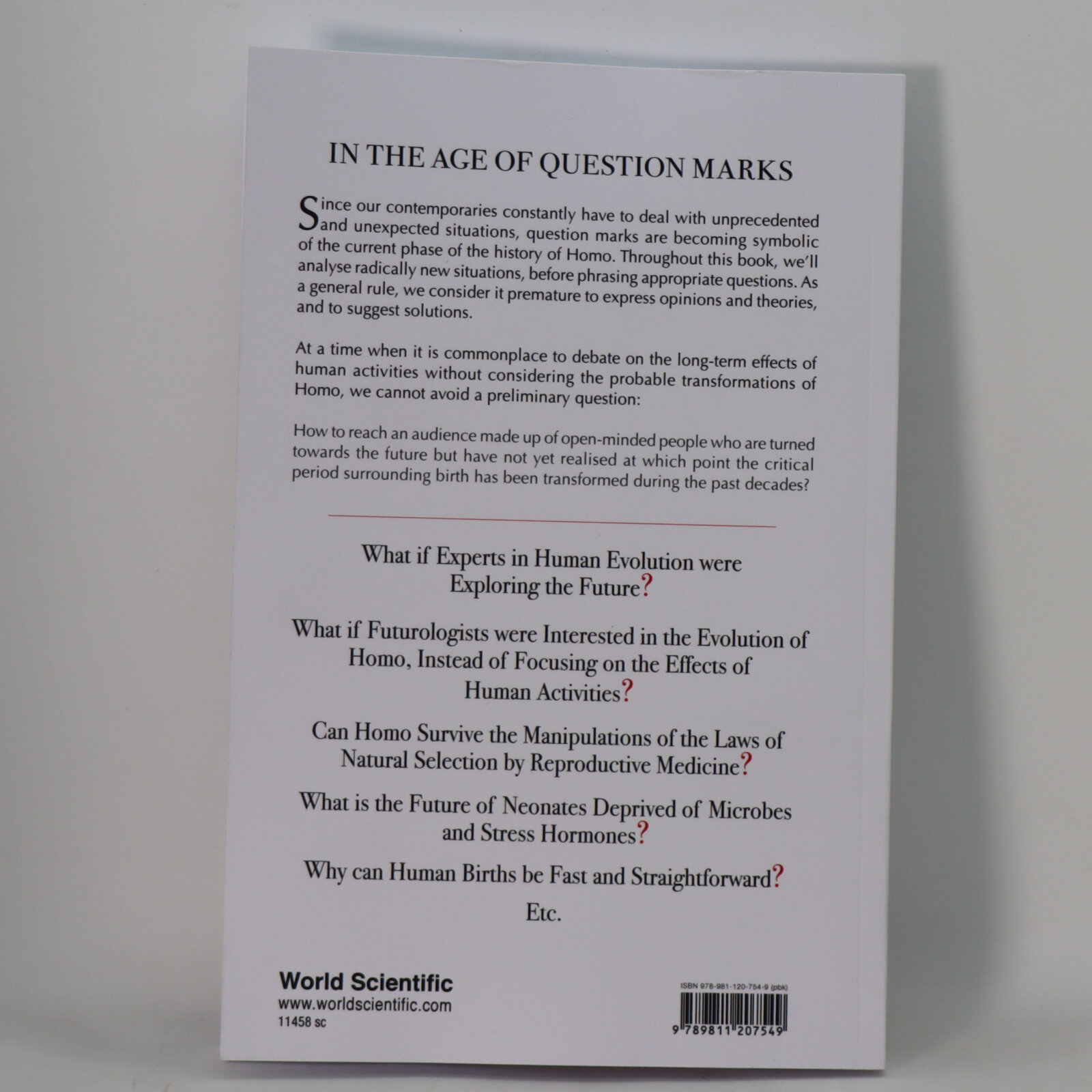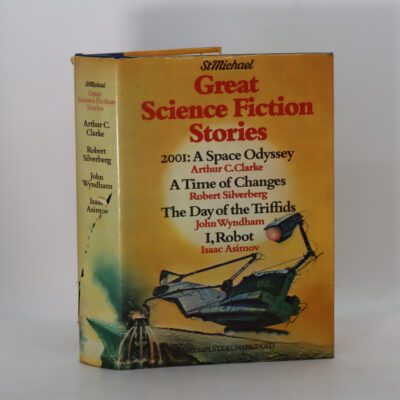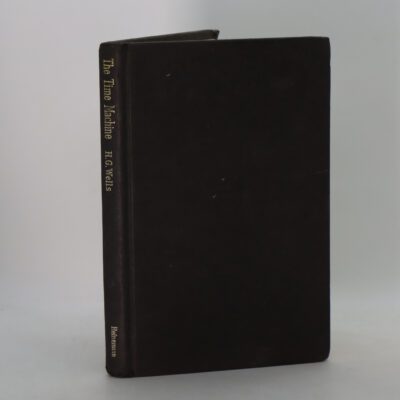The Future of Homo?
By Michel Odent
ISBN: 9789811206825
Printed: 2019
Publisher: World Scientific. London
| Dimensions | 15 × 23 × 1.5 cm |
|---|---|
| Language |
Language: English
Size (cminches): 15 x 23 x 1.5
Condition: As new (See explanation of ratings)
Item information
Description
Softback. White cover with red title.
F.B.A. provides an in-depth photographic presentation of this item to stimulate your feeling and touch. More traditional book descriptions are immediately available.
Since the advent of “ecological awareness” in the 1970s, Michel Odent has continuously claimed that it is commonplace to anticipate the effects of human activities on the ecosystems without considering the probable transformations of Homo induced by multiple aspects of modern lifestyle. In 1979, in ‘Genèse de l’homme écologique’, he raised questions such as: ‘How does respect for Mother Earth develop?’ It is significant that, forty years later, a Paris publisher suddenly took the initiative to present a 2019 edition. Today the chosen ‘springboard’ for ‘The Future of Homo’ is, once more, the perinatal period, the critical phase of human development that has been radically transformed over some decades. Present-day questions are raised about ‘birth preparation’, a little-known phase of physiological changes in late pregnancy: the importance of the topic is perceptible at a time when widespread medical practices, namely labour induction and prelabour
caesarean sections, are powerful interferences. The book offers an antithesis to countless published documents about ‘natural childbirth’. It is challenging the dominant ways of thinking through radically new ways of interpreting the physiological processes. More than ever, Michel Odent is pushing the explorers of the future to consider the probable transformations of Homo as a central and necessary issue. The matter is enlarged with considerations about long-term thinking, the ‘future of futurology’ and ‘the evolution of evolutionary thinking’. The endpoint of the book is related to the limits of the domination of nature: how can childbirth be de-socialised?
The Future of Homo contains tools, scientific updates and vital questions which could be able to create a substantialising turning point in humanity’s global birth, health crisis, the increasing respectfulness crisis with Earth’s ecosystem and in humanity’s dramatic species-transformation crisis. –Hilda Garst, Activist, WHO breastfeeding peer counsellor, Doula
A brilliant masterpiece that provokes unexpected questions. Michel Odent leaves no stones unturned, with sharp precision does he target highly important subjects, backed by solid research Dr Odent takes us on a journey through time, from hundreds of thousands of years in the past, to the distant future. From space elevators to language learned in the womb. Most of all the book leads to discussions and leaves us the readers to continue the explorations and research forward. The Future of Homo is a masterpiece. A highly important work for all of humanity. –Pia M G Sandstrom, Midwife
————————–
At a global scale, love hormones are now redundant in the critical period surrounding birth … reasons for questions?
Between 1970 and 1990, in many parts of the world, the rates of caesareans escalated from roughly 5% to roughly 25%. During this short phase of history, the father’s participation became routine. Is there a link between these facts?
Health care systems are on the way to collapsing. Should we go on focusing on the preventive and curative treatments of particular diseases or should we give a greater importance to the way our basic adaptive systems, involved in what we commonly call health, reach a high degree of maturity? These examples are sufficient to illustrate the ‘neo-Socratic attitude’ of the author. Our contemporaries are constantly dealing with unprecedented situations. Question marks, therefore, can symbolise the current phase of our history. Throughout this book, radically new situations are analysed, before appropriate questions are phrased. At a time when people commonly debate on the long-term effects of human activities without considering the probable transformations of Homo, one cannot avoid a preliminary question: How to reach an audience made up of female and male open-minded people who are turned towards the future but have not yet realised that the important period surrounding birth has been radically transformed during the past decades? In the age of cultural blindness related to overspecialization, The Future of Homo is also a training tool to think across boundaries.
Michel Odent, MD, has been in charge of the surgical unit and the maternity unit at the Pithiviers (France) state hospital (1962–1985). He is the author ofthe first article in the medical literature about the initiation of lactation during the hour following birth (1977), of the first article about the use of birthing pools (Lancet 1983), and of the first article applying the ‘Gate Control Theory of Pain’ to obstetrics (1975). In charge of the surgical and maternity units of the Pithiviers hospital (France) from 1962 to 1985, Odent has developed a special interest in environmental factors influencing the birth process. He introduced the concepts of birthing rooms, birthing pools, and singing sessions for pregnant women. After his hospital career he was involved in home birth, founded in London the Primal Health Research Centre, and designed a database (primalhealthhresearch.com) to compile epidemiological studies exploring correlations between conditions during the natal “primal period” and subsequent child and mother health. Odent is Visiting Professor at Odessa National Medical University and Doctor Honoris Causa of Brasilia University.
Want to know more about this item?

Related products
Share this Page with a friend












